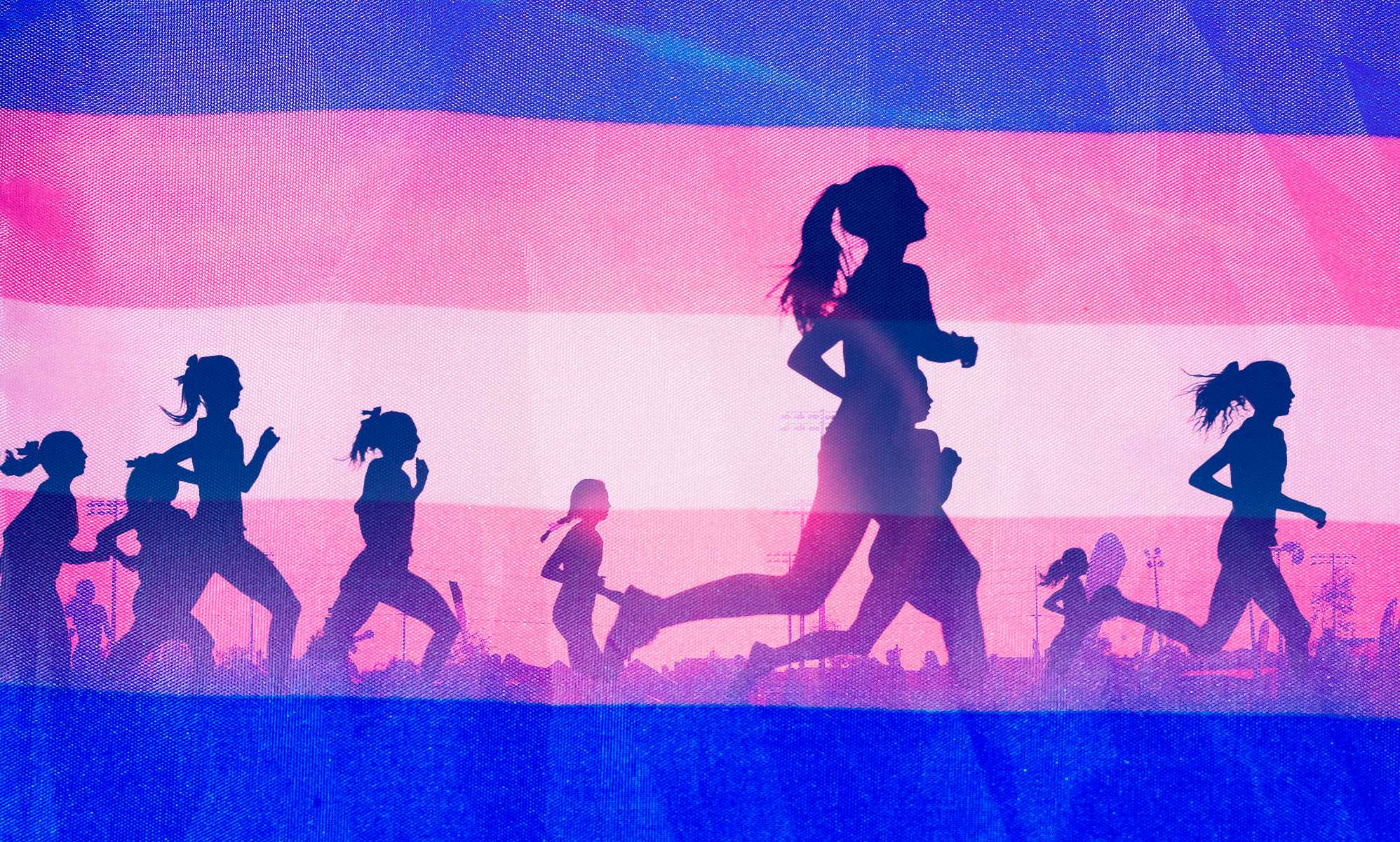
A ground-breaking study has highlighted the “complexity” of trans inclusion in sports, finding that – contrary to what some pundits and politicians people would have you believe – transgender athletes could actually be disadvantaged in some competitive fields.
The research, published in the British Journal of Sports Medicine this month, studied 75 transgender and cisgender athletes, comparing the strength, power and aerobic capacity of the two groups.
Partly funded by the International Olympic Committee (IOC), researchers tested 23 trans women and 12 trans men who had been through more than one year of hormone therapy, alongside 21 cis women and 19 cis men, putting them through cardiovascular, strength, and lower-body power exercises.
Trans women were seen to perform worse than their cis peers in certain cardiovascular tests, and to have less lower-body strength. The bone density of transgender women was also found to be similar to that of cis female athletes.
It was also revealed that the trans women athletes had decreased lung function compared with the cis women.
Researchers said “these differences underscore the inadequacy of using cisgender male athletes as proxies for transgender women athletes”.
Concluding that trans athletes could be disadvantaged, the study’s authors warned sports governing bodies that the results indicated that banning trans women from women’s sports should not be done without thorough research.
A “long-term longitudinal study” is now needed, they added.

Lead researcher Professor Yannis Pitsiladis told OutSports: “The main takeaway message is the requirement of international federations… to treat trans women very differently to cis men.
“It follows that research comparing biological men to biological women is almost irrelevant in this debate, and evidence from such comparisons should not be used to inform policy as is the case by many ‘armchair professors’ advocating the default ban position.”
Welcoming the results of the study, trans journalist Katelyn Burns, writing for MSNBC, urged the legislators “not to rush to appease transphobic people who’ve been fomenting a panic over this issue”.
She went on to say: “The report commissioned by the IOC is just an initial study, and we will need more, but it indicates that there is more to the trans athlete issue than conventional wisdom would seem to indicate. It’s also a vindication for the many trans athletes, writers and advocates who’ve spent a lot of time and effort trying to explain to general audiences that trans bodies differ greatly from cisgender bodies.
“Participating in sports is a human right. It breeds healthy habits and fosters ambition and drive in young people. Denying that to groups of kids, teens and even adults, should require much more evidence than the anti-trans crowd has presented thus far.”
The study follows a widespread movement to limit transgender people’s participation in sports, both at elite level and in schools.
According to the Movement Advancement Project, 24 states across the US have now banned trans students from participating in sports consistent with their gender identity.



